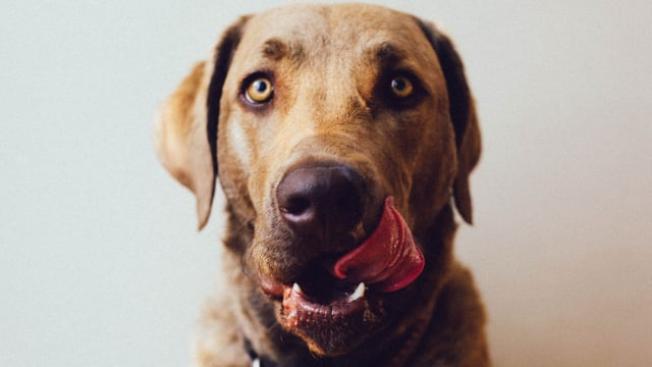The Importance of Socialization for Puppies

Puppies are like sponges, absorbing information and experiences from their environment. Socialization is the process of exposing puppies to a variety of people, animals, and environments to help them become comfortable and confident in different situations. As a kinologist, I have seen firsthand the positive impact that proper socialization can have on a puppy's development.
The critical socialization period for puppies is between 3 and 14 weeks of age. During this time, puppies are most receptive to new experiences and are more likely to accept them as normal and non-threatening. By providing a diverse range of positive experiences during this period, you can help your puppy develop into a well-adjusted and socially confident adult dog.
Socialization involves more than just exposing your puppy to different people and animals. It also includes introducing them to various environments, sounds, and textures. For example, taking your puppy to a busy park, a quiet forest, or a bustling city street can help them become accustomed to different settings and noises. Additionally, allowing your puppy to explore different surfaces, such as grass, sand, and concrete, can help them develop confidence in navigating various terrains.
One of the most important aspects of socialization is positive reinforcement. By rewarding your puppy with treats, praise, or play when they exhibit calm and confident behavior in new situations, you can encourage them to associate these experiences with positive outcomes. This reinforces their willingness to explore and adapt to new environments and interactions.
It's essential to introduce your puppy to a variety of people, including different ages, genders, and appearances. This helps your puppy learn that humans come in many forms and that they are all potential sources of positive interaction. Similarly, exposing your puppy to other animals, such as cats, other dogs, and even livestock, can help them develop appropriate social skills and reduce the likelihood of fear or aggression towards other species.
While socialization is crucial, it's important to do it safely and gradually. Overwhelming your puppy with too many new experiences at once can be counterproductive and may lead to fear or anxiety. Start with controlled and positive interactions in a familiar environment, and gradually introduce your puppy to more challenging situations as they become more confident.